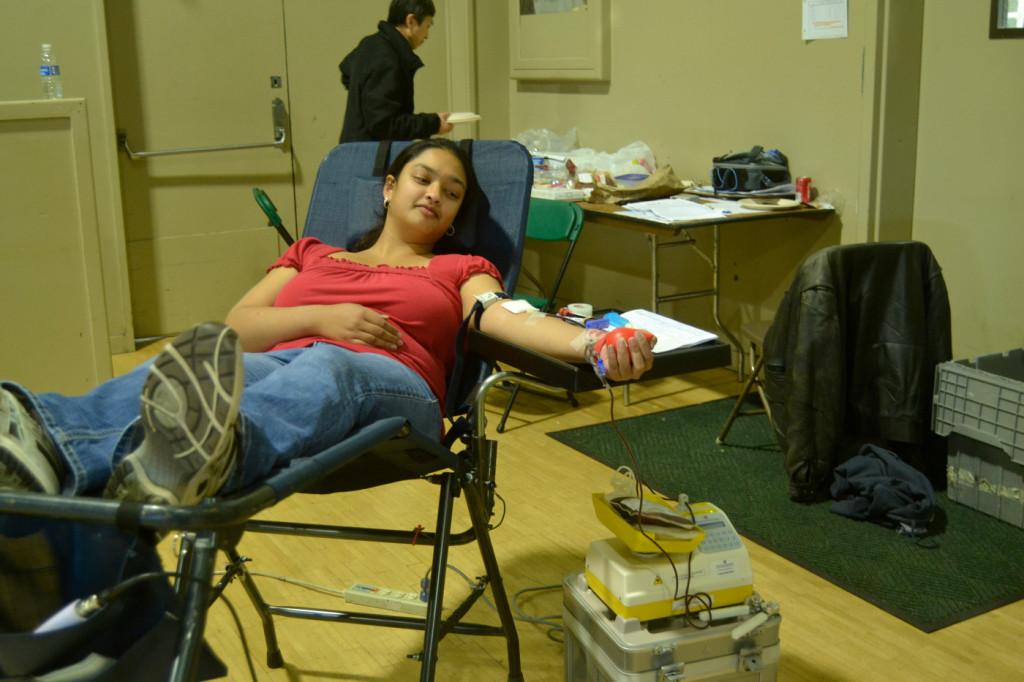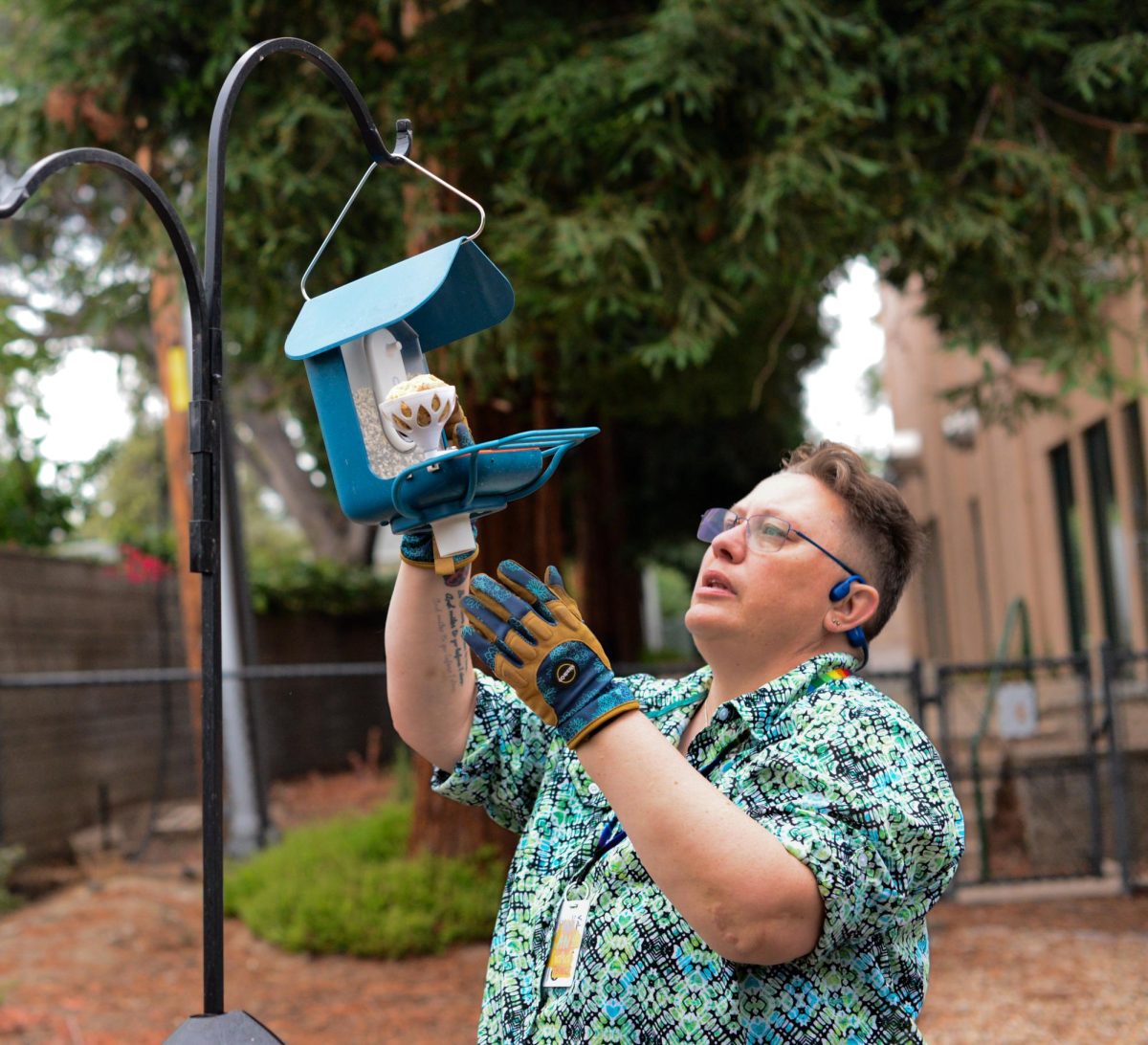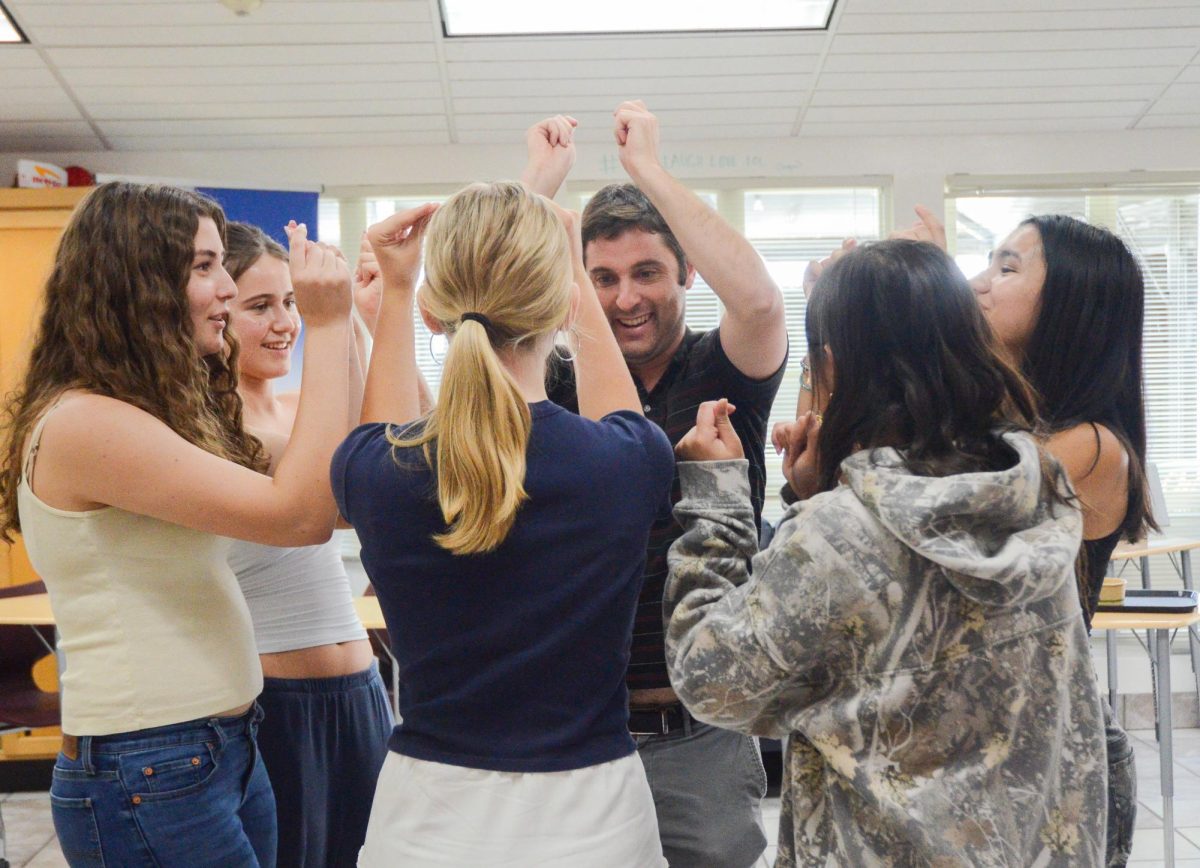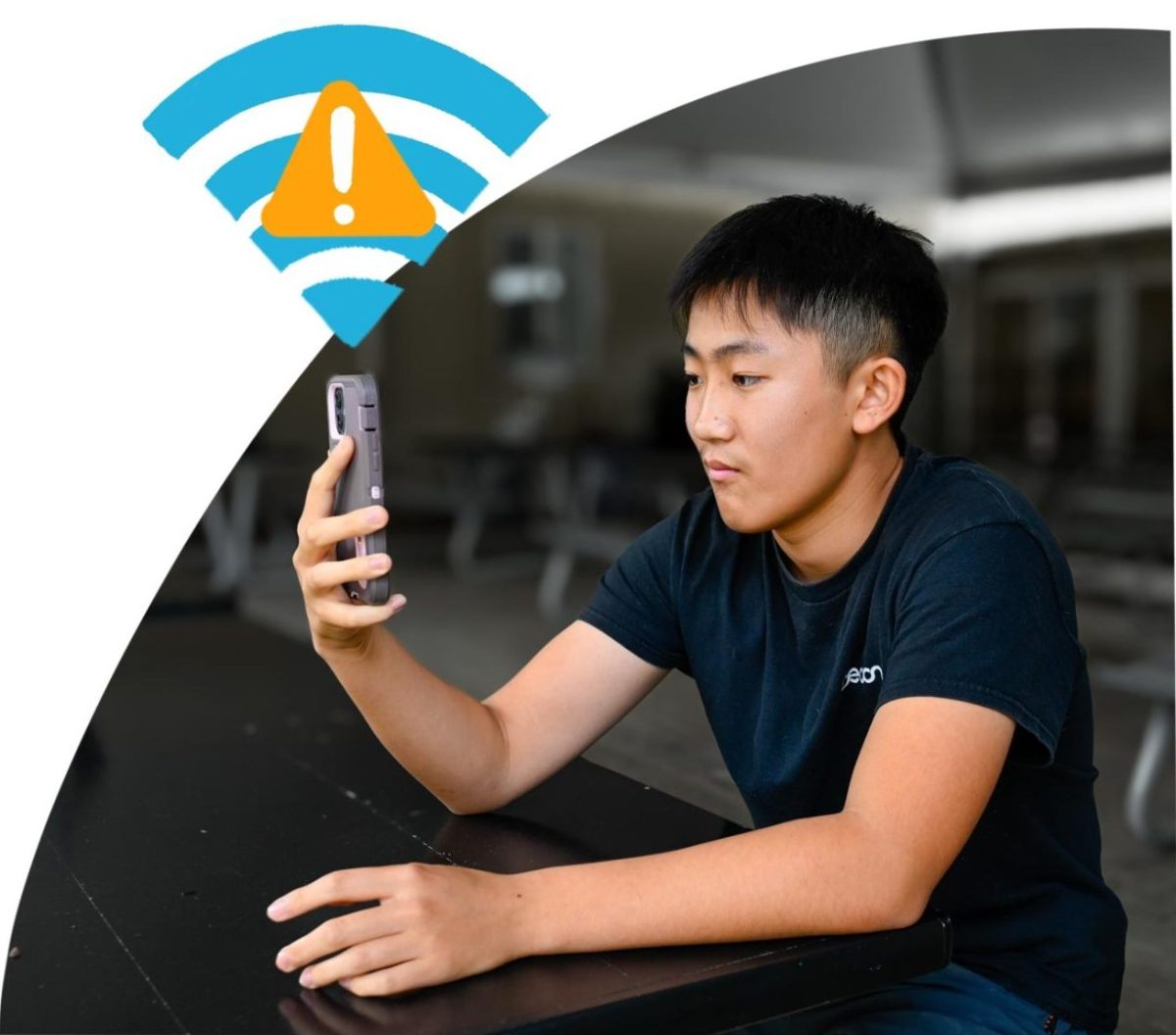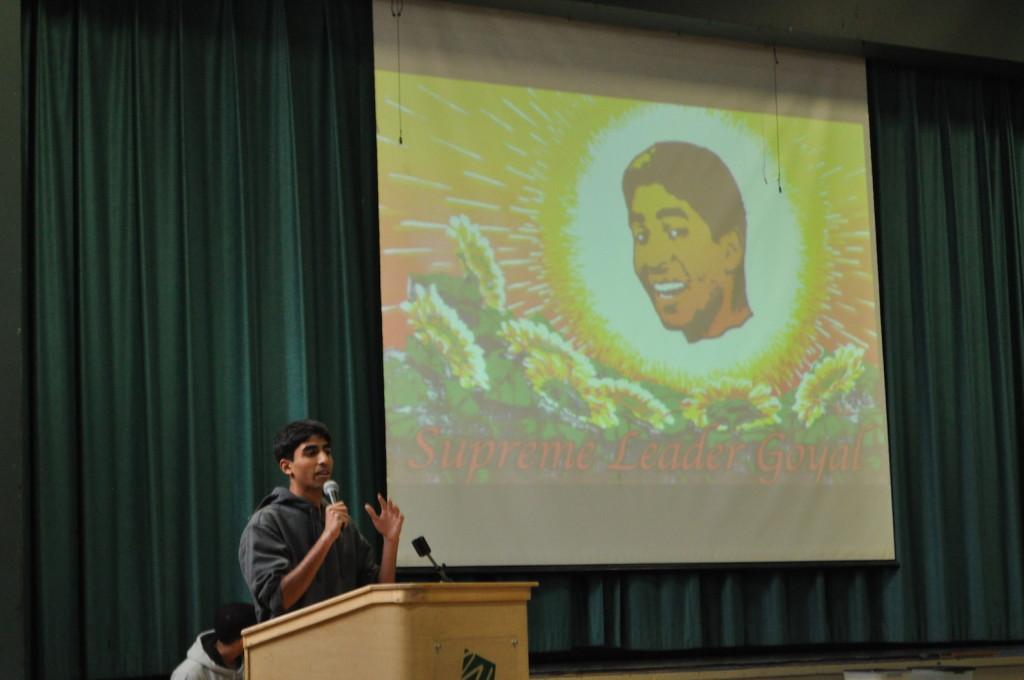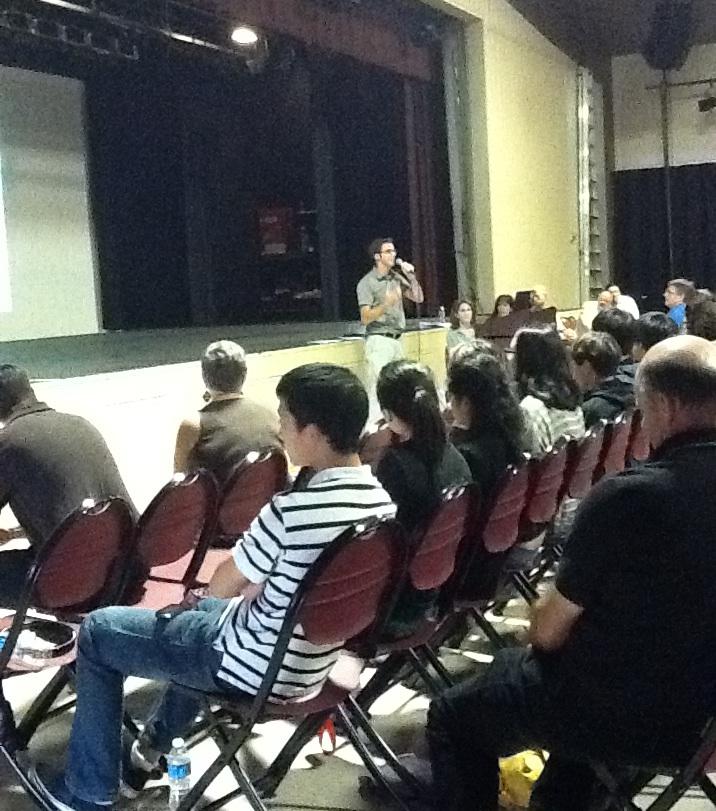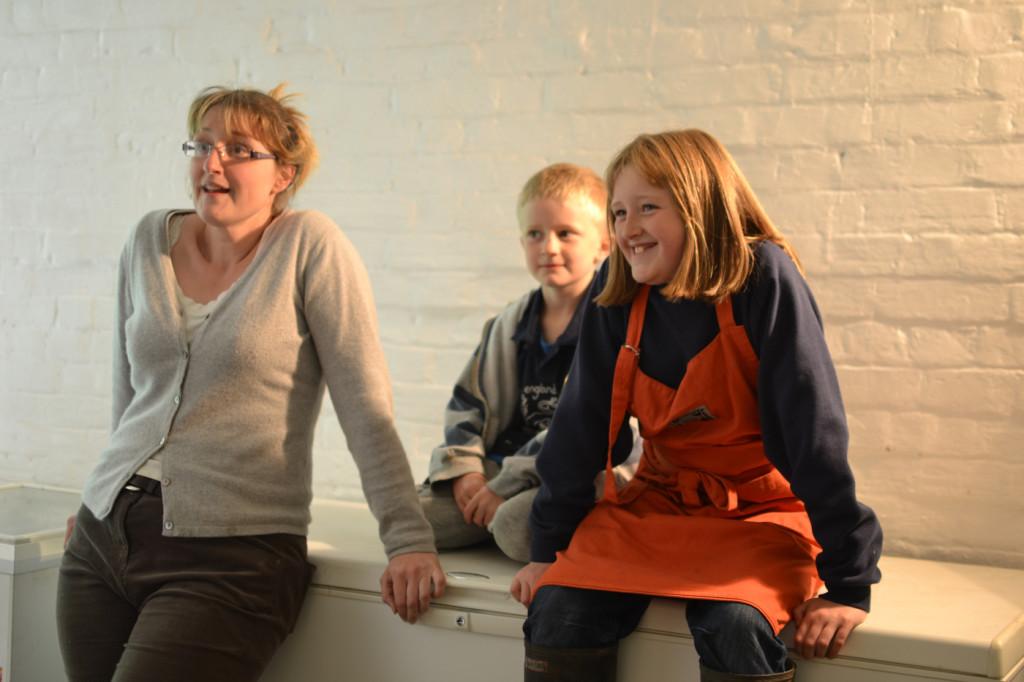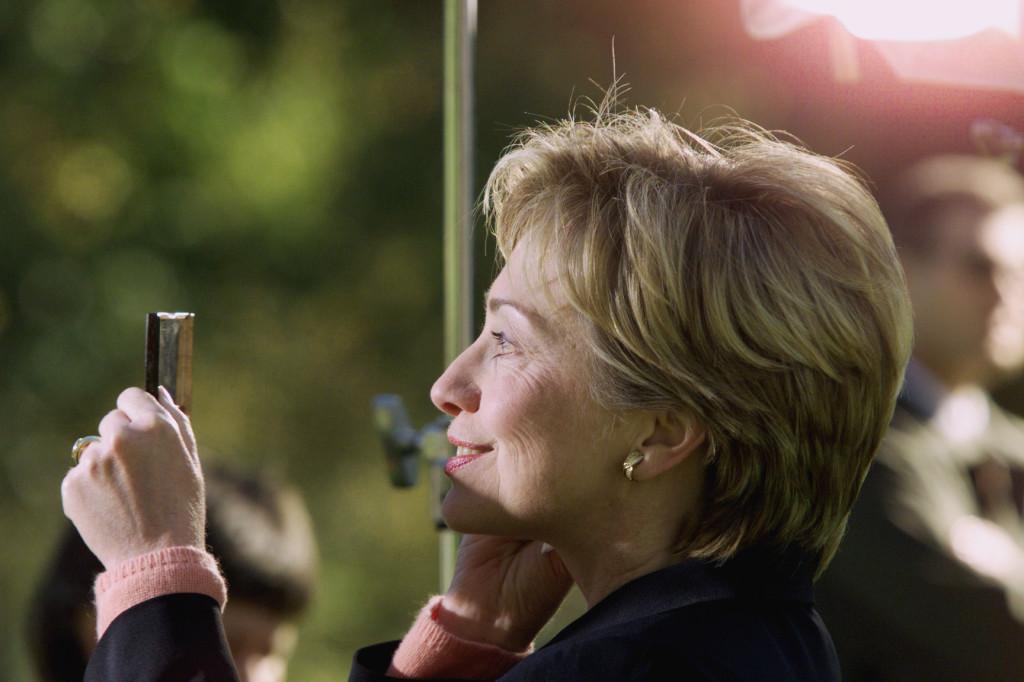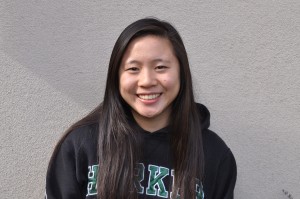On March 9, the Red Cross Club held their annual blood drive to support patients in hospitals all throughout the bay area.
This year, the club focused most of their attention on the blood drive rather than their fundraiser which provides money for vaccines against measles. Realizing that they already had two big fundraisers, club officers “anticipated that [this one] wouldn’t go as well.” They obtained 39 units of blood from the blood drive, which will be transported to facilities shortly after, through a total of 36 participants.
Throughout the year, blood banks all over the nation organize events to encourage those who qualify to donate blood. The donated blood will either be given to local hospitals or used to help the military. Blood Centers of the Pacific, a non-profit organization based in San Francisco, helps with blood donations all throughout Northern California. They have 14 centers located as north as Mt. Shasta and as south as San Jose.
Blood Centers of the Pacific account representative Wendy Theisen, emphasizes the importance of donating by coordinating blood drives with over eight other high schools in the bay area.
“It’s an exciting opportunity [for the staff] to come to high schools because it is a larger group compared to an office or a church,” Theisen said. “[More people] means more blood in one day, [which] ultimately helps the community.”
Additionally, Theisen states that three days is the shortest amount of time to “supply blood to 44 hospitals.”
According to the vice president of Red Cross, Kaavya Cherukuri (12), the number of participants this year was a little less than that of previous years. Even though many students did not qualify to donate due to the strict requirements for donating blood, the club was still anticipating a higher number of donors. Those who chose to donate must have met the specified age and weight as well as the noted iron levels and customary health standards; they cannot have travelled to a country suffering from malaria either.
Meanwhile, saving lives is Swetha Repakula’s (12) main incentive to donate blood.
“It never hurts to [help patients],” she said. “It’s just something nice for me to do.”
In addition to students, parents, faculty, and non-Harker members also dropped by the gym to donate blood.
Kaavya highly encourages students who meet the requirements next year to donate since donating does not take an enormous amount of effort and it primarily helps the sick patients in need.


















![“[Building nerf blasters] became this outlet of creativity for me that hasn't been matched by anything else. The process [of] making a build complete to your desire is such a painstakingly difficult process, but I've had to learn from [the skills needed from] soldering to proper painting. There's so many different options for everything, if you think about it, it exists. The best part is [that] if it doesn't exist, you can build it yourself," Ishaan Parate said.](https://harkeraquila.com/wp-content/uploads/2022/08/DSC_8149-900x604.jpg)




![“When I came into high school, I was ready to be a follower. But DECA was a game changer for me. It helped me overcome my fear of public speaking, and it's played such a major role in who I've become today. To be able to successfully lead a chapter of 150 students, an officer team and be one of the upperclassmen I once really admired is something I'm [really] proud of,” Anvitha Tummala ('21) said.](https://harkeraquila.com/wp-content/uploads/2021/07/Screen-Shot-2021-07-25-at-9.50.05-AM-900x594.png)







![“I think getting up in the morning and having a sense of purpose [is exciting]. I think without a certain amount of drive, life is kind of obsolete and mundane, and I think having that every single day is what makes each day unique and kind of makes life exciting,” Neymika Jain (12) said.](https://harkeraquila.com/wp-content/uploads/2017/06/Screen-Shot-2017-06-03-at-4.54.16-PM.png)








![“My slogan is ‘slow feet, don’t eat, and I’m hungry.’ You need to run fast to get where you are–you aren't going to get those championships if you aren't fast,” Angel Cervantes (12) said. “I want to do well in school on my tests and in track and win championships for my team. I live by that, [and] I can do that anywhere: in the classroom or on the field.”](https://harkeraquila.com/wp-content/uploads/2018/06/DSC5146-900x601.jpg)
![“[Volleyball has] taught me how to fall correctly, and another thing it taught is that you don’t have to be the best at something to be good at it. If you just hit the ball in a smart way, then it still scores points and you’re good at it. You could be a background player and still make a much bigger impact on the team than you would think,” Anya Gert (’20) said.](https://harkeraquila.com/wp-content/uploads/2020/06/AnnaGert_JinTuan_HoHPhotoEdited-600x900.jpeg)

![“I'm not nearly there yet, but [my confidence has] definitely been getting better since I was pretty shy and timid coming into Harker my freshman year. I know that there's a lot of people that are really confident in what they do, and I really admire them. Everyone's so driven and that has really pushed me to kind of try to find my own place in high school and be more confident,” Alyssa Huang (’20) said.](https://harkeraquila.com/wp-content/uploads/2020/06/AlyssaHuang_EmilyChen_HoHPhoto-900x749.jpeg)



